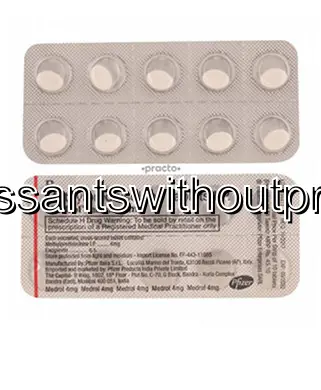| Package | Dosage | Price | Price per Dose | |
|---|---|---|---|---|
| Dosage: 4mg | ||||
| 360 pill | 4mg | €273.90 | €0.77 | |
| 270 pill | 4mg | €236.92 | €0.88 | |
| 180 pill | 4mg | €182.14 | €1.01 | |
| 120 pill | 4mg | €136.94 | €1.14 | |
| 90 pill | 4mg | €116.40 | €1.29 | |
| 60 pill | 4mg | €87.64 | €1.47 | |
| 30 pill | 4mg | €50.66 | €1.68 | |
| Dosage: 8mg | ||||
| 360 pill | 8mg | €410.86 | €1.14 | |
| 270 pill | 8mg | €347.86 | €1.29 | |
| 180 pill | 8mg | €267.06 | €1.48 | |
| 120 pill | 8mg | €204.05 | €1.70 | |
| 90 pill | 8mg | €168.46 | €1.88 | |
| 60 pill | 8mg | €125.99 | €2.10 | |
| 30 pill | 8mg | €71.20 | €2.37 | |
| Dosage: 16mg | ||||
| 270 pill | 16mg | €410.86 | €1.52 | |
| 180 pill | 16mg | €314.99 | €1.75 | |
| 120 pill | 16mg | €235.55 | €1.96 | |
| 90 pill | 16mg | €199.95 | €2.22 | |
| 60 pill | 16mg | €147.90 | €2.47 | |
| 30 pill | 16mg | €83.53 | €2.78 | |

Methylprednisolone Description
Overview of Methylprednisolone
Methylprednisolone is a synthetic corticosteroid widely used in medical practice for its potent anti-inflammatory and immunosuppressive properties. It mimics the action of naturally occurring hormones produced by the adrenal glands. This medication is available in various forms, including tablets, injections, and topical preparations, allowing for versatile application based on the specific condition being treated. Methylprednisolone is prescribed to manage a broad spectrum of conditions such as allergic reactions, autoimmune diseases, skin disorders, and inflammation-related issues.
Effectiveness and Uses
The primary benefit of methylprednisolone is its ability to rapidly reduce inflammation and suppress immune responses. It is particularly effective in conditions where inflammation causes pain, swelling, or tissue damage. For example, in cases of severe allergic reactions, methylprednisolone can help alleviate symptoms like swelling, redness, and difficulty breathing. It is also commonly used in treating autoimmune disorders such as multiple sclerosis, rheumatoid arthritis, and lupus, where the immune system attacks the body's own tissues. In addition, this medication is useful in managing skin conditions like allergic dermatitis and psoriasis. Due to its systemic effects, methylprednisolone can be a critical component in emergency treatments and chronic disease management.
Dosage and Administration
The dosage of methylprednisolone varies depending on the severity of the condition, patient's age, and response to treatment. Healthcare providers typically start with an appropriate dose and adjust it based on the patient's progress. It can be administered orally through tablets or given via injections for rapid effect. It is essential to follow the prescribed schedule to avoid potential side effects. Long-term or high-dose therapy requires careful monitoring due to the risk of adrenal suppression and other adverse events. Patients should inform their healthcare provider about all other medications they are taking to prevent interactions.
Potential Side Effects
While methylprednisolone is highly effective, it can cause side effects, especially if used for an extended period or at high doses. Common adverse effects include increased appetite, weight gain, sleep disturbances, and mood changes. Some individuals may experience gastrointestinal discomfort, such as nausea or indigestion. Prolonged use can lead to more serious issues like osteoporosis, elevated blood sugar levels, high blood pressure, and increased risk of infections. It is important to weigh the benefits against these potential risks and to use the medication under medical supervision. Regular monitoring of blood pressure, bone density, and blood sugar is often recommended for long-term therapy.
Precautions and Considerations
Before starting methylprednisolone, patients should discuss their medical history with their healthcare provider. Conditions such as diabetes, hypertension, osteoporosis, and infections can influence treatment plans. Pregnant and breastfeeding women should use this medication only if prescribed, as it may affect fetal development or pass into breast milk. Patients should not stop taking methylprednisolone abruptly, as this may cause adrenal insufficiency. Instead, a gradual tapering process is usually necessary under medical guidance. Additionally, individuals should report any signs of infection, changes in mood, or unusual symptoms promptly. Proper usage and monitoring help maximize the benefits and minimize the risks associated with this medication.
